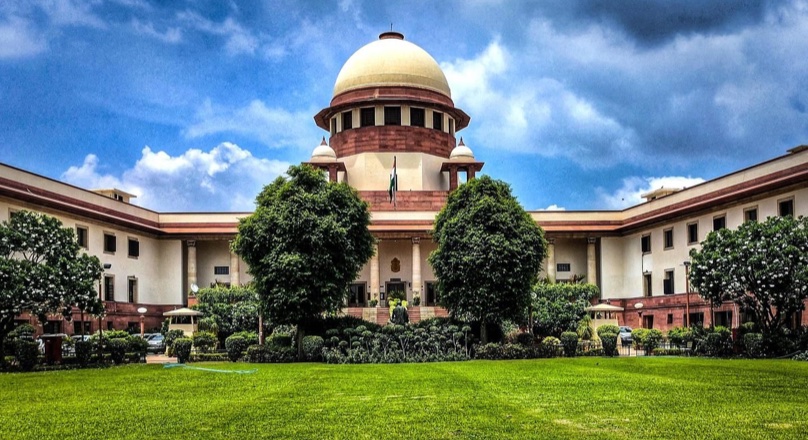In a significant observation on judicial accountability, the Supreme Court of India on Tuesday called for a performance audit of judges, citing growing concerns about delays in judgment delivery and inefficiencies within the judiciary. The remarks came during the hearing of a petition filed by four life convicts from marginalized communities, whose appeals had remained undecided by the Jharkhand High Court for over two to three years after being reserved for judgment.
A Bench comprising Justice Surya Kant and Justice NK Singh expressed dismay over the manner in which some High Court judges handle their responsibilities. “While there are judges who are extremely diligent, we are also receiving multiple complaints about others who are frequently on coffee or lunch breaks. It raises a serious question on how judicial time is being used,” the Court remarked.
The apex court underscored the urgency of evaluating judicial performance, especially in light of the high stakes involved in criminal justice. It emphasized the need for systemic introspection on how public resources are being utilized in the judiciary and how much is being delivered in return.
The oral observations were made in the case Pila Pahan and Others v. State of Jharkhand and Another, where the petitioners—belonging to Scheduled Tribes and OBC communities—had challenged the inordinate delay in the pronouncement of judgments on their appeals. The Supreme Court was informed that the verdicts in all four cases were eventually delivered—three allowed, and one referred to another Bench due to a split opinion. All four convicts have since been released.
The Court referenced its earlier direction from May 5, in which it had sought status reports from all High Courts regarding cases where judgments had been reserved but not yet delivered. On May 9, the Court further requested data on when judgments were pronounced versus when they were published online.
Calling the issue fundamental to maintaining trust in the justice system, the Supreme Court indicated that it may soon issue guidelines to prevent such judicial delays. “We must ensure that litigants, particularly those incarcerated, are not driven to despair or compelled to question the integrity of the system,” the Court observed.
The matter is scheduled to be heard again in July.
Advocate Fauzia Shakil represented the petitioners.



